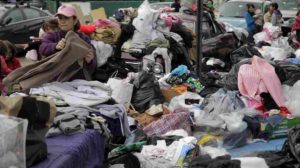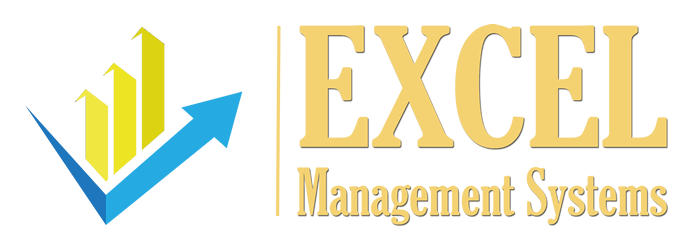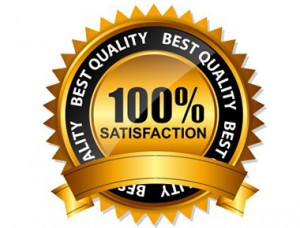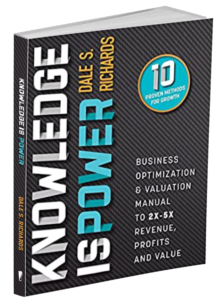The Importance of Giving Responsibly
 It is always best to give cash, not personal belongings (or similar goods). What you may have in your household may not be needed in a disaster, unless asked for. Household items and old clothing can pile up quickly, and become an additional burden to organizers. The cost of shipping and sorting is also high, and such donation can actually get in the way. Consider selling your items and then donating the proceeds instead. Cash allows relief organizations to quickly get what is needed to those who need it the most.
It is always best to give cash, not personal belongings (or similar goods). What you may have in your household may not be needed in a disaster, unless asked for. Household items and old clothing can pile up quickly, and become an additional burden to organizers. The cost of shipping and sorting is also high, and such donation can actually get in the way. Consider selling your items and then donating the proceeds instead. Cash allows relief organizations to quickly get what is needed to those who need it the most.
Encourage Giving – Donate Responsibly
The USAID Center for International Disaster Information partnered with the AdCouncil to spread the word about donating cash, instead of material items, after a disaster. The following video, Donate Responsibly was created by them. For more information, visit www.cidi.org.
Encourage giving. However, encourage responsible giving. Humanitarian aid workers often worry about becoming overwhelmed with an overabundance of items that cannot be used and often get in the way of relief efforts. It is estimated that 60 percent of items donated after a disaster CANNOT be used.
Finding the best charity that fits your options
Seek out those groups that are transparent and accountable, like Doctors Without Borders (MSF), and your local Red Cross. Give to those who will make your dollars go the farthest. Don’t be reactive in your giving either. Instead, proactively seek out those organizations where you know your gift will go the furthest.
Volunteering
Consider joining a community of like-minded volunteers that make their hours and their money go as far as possible toward the common good. Rebuilding efforts can be costly and take time. Both money and man-power are needed in many rebuilding efforts.
For more information:
ABOUT DALE S. RICHARDS:
Dale S. Richards specializes in management, marketing, operation optimization & business valuation consulting and is a 30+ year turnaround expert. He has implemented success concepts into results in 150+ companies. Dale is a Certified Valuation Analyst (CVA) with NACVA, Eight-Year Vistage Chair & International Speaker.




